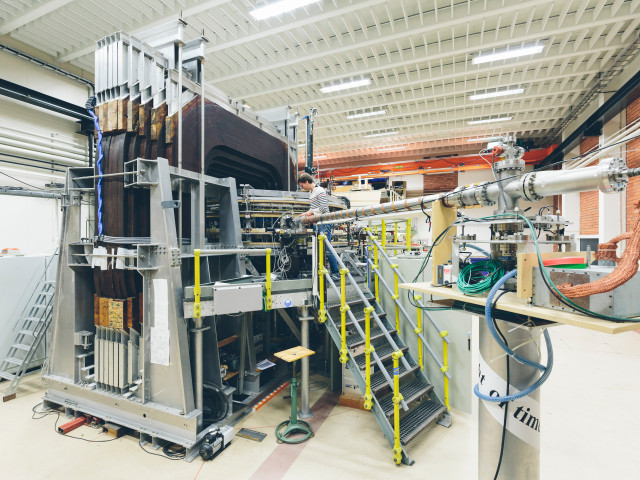The course covers both physical and engineering principles of different photonic components in visible, near-infrared, and mid-infrared wavelength ranges, which enable our modern information society.
Specifically, the course covers the following topics:
- Light-emitting diodes
- Semiconductor lasers
- Optical amplifiers
- Optical detectors
- Solar cells
- Optical Modulators
- Optoelectronic integration
- Display technologies
- Photonics in lighting
- Infrared sources
- Visible and infrared imaging
